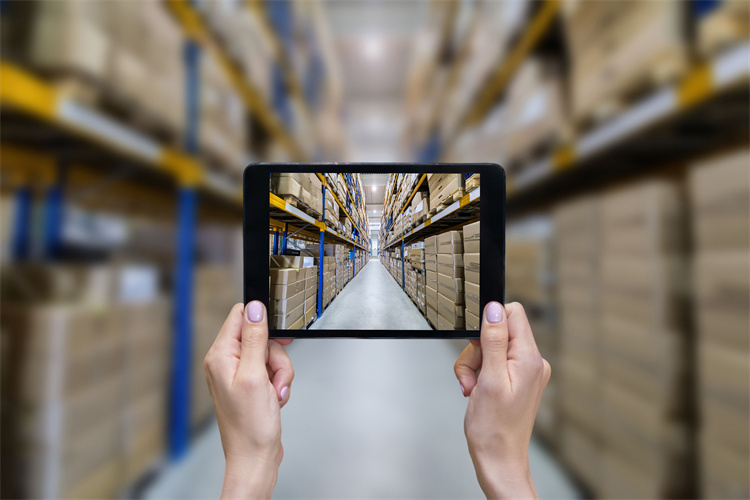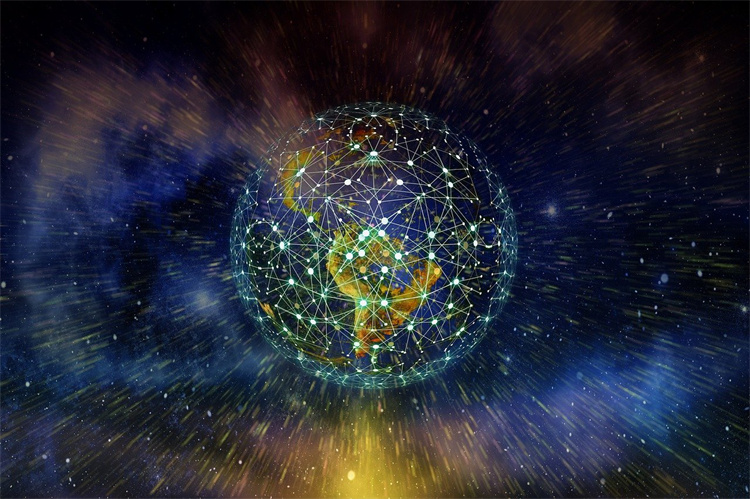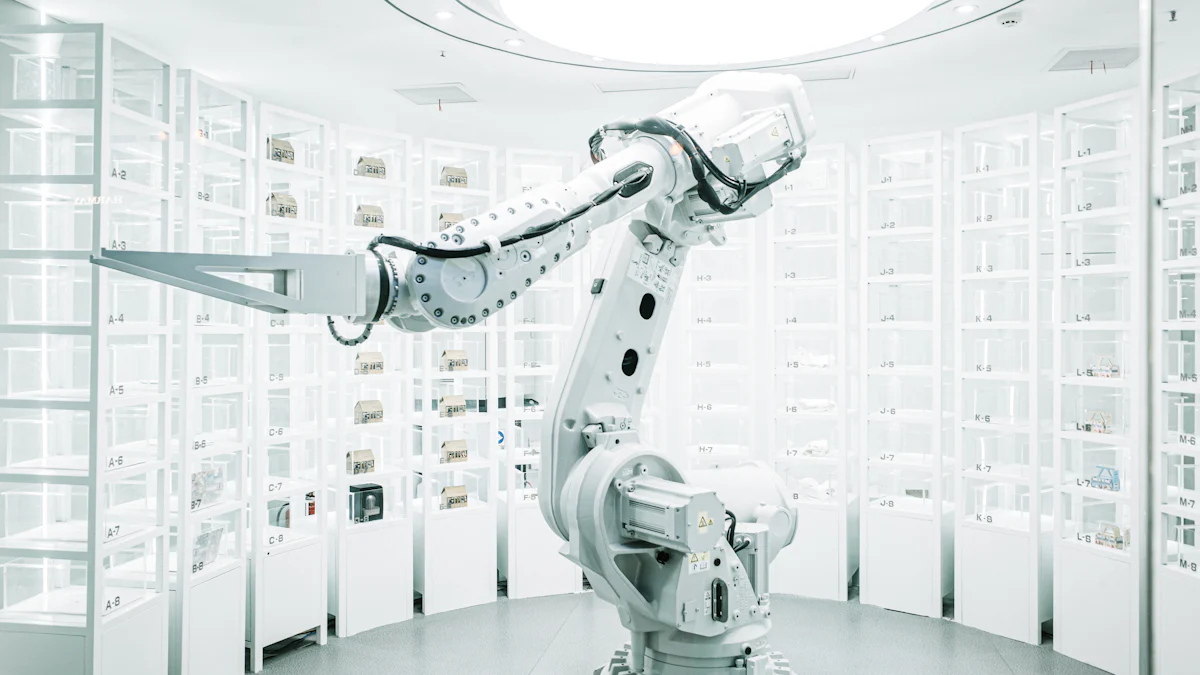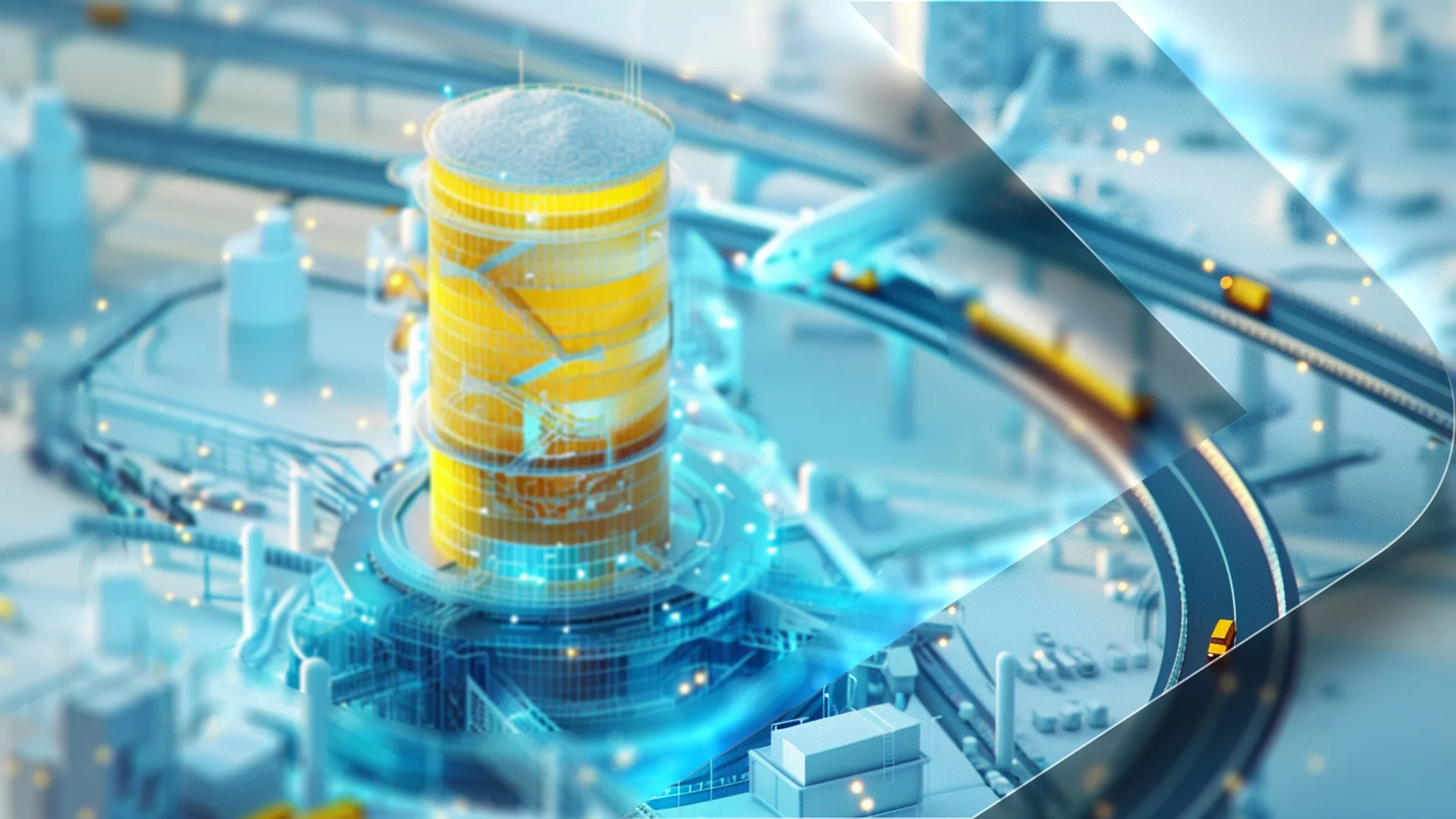The Social Impact of Artificial Intelligence in the Modern World

Artificial intelligence is reshaping how you tackle global challenges. In 2025, AI empowers nearly 80% of social innovators in low-income regions to drive economic growth. It builds trust by enhancing environmental solutions in high-income areas. AI bridges gaps in equity, with women-led enterprises contributing 25% of AI datasets globally.
AI’s measurable impact inspires you to envision a more inclusive and sustainable future.
Impact Area | Percentage/Statistic |
|---|---|
Social innovators in low/middle income countries for economic empowerment | Nearly 80% |
Social innovators in high income countries for environmental solutions | 66% |
Women-led social enterprises in AI dataset | 25% |
Women in AI globally | 22% |
Female AI paper authors globally | <14% |
AI solutions, like JUSDA ESG, demonstrate how data-driven technologies optimize efficiency while addressing AI challenges. These innovations ensure you can trust AI to create a better world.
Key Takeaways
AI helps people create solutions, especially in poor areas. It boosts the economy and improves environmental fixes.
AI changes healthcare by finding diseases faster and helping areas with less access. It also supports mental health with new tools.
AI is important for fighting climate change. It saves energy, tracks pollution, and protects animals and plants.
Revolutionizing Healthcare with Artificial Intelligence

Artificial intelligence is transforming healthcare, offering innovative solutions to some of the most pressing global challenges. Its ability to analyze vast amounts of data quickly and accurately is reshaping how you approach disease prevention, healthcare access, and mental well-being.
AI in Disease Detection and Prevention
AI empowers you to detect diseases earlier and more accurately. Tools like MammoScreen and Mammography Intelligent Assessment (MIA) enhance breast cancer detection, reducing the workload for radiologists by 30% while increasing cancer identification rates by 12%. AI-powered diagnostics in radiology, such as those developed by Massachusetts General Hospital and MIT, achieve a 94% accuracy rate in detecting lung nodules. These advancements streamline the diagnostic process, enabling faster treatment and better outcomes. AI also accelerates drug discovery, helping identify effective drug candidates and optimize clinical trials. With these innovations, you can trust AI to improve public health and save lives.
Enhancing Access to Healthcare in Underserved Areas
AI bridges healthcare gaps in underserved regions, offering cost-effective and adaptable solutions. Telemedicine connects you with healthcare professionals remotely, ensuring timely care. Mobile health applications provide resources for health education and chronic condition monitoring. In low- and middle-income countries, AI facilitates early disease detection and personalized treatment plans, reducing strain on healthcare systems. Despite challenges like data privacy concerns and biases in AI, collaborative efforts between computer scientists and healthcare providers ensure practical and ethical solutions. AI integration in these areas builds trust and improves healthcare accessibility for millions.
Mental Health Support Through AI-Powered Tools
AI-powered tools are revolutionizing mental health care, offering you accessible and effective support. Chatbots like Tess provide personalized therapy based on cognitive behavioral therapy (CBT), reducing mental health symptoms. BioBase tracks mental health using wearable data, helping reduce employee burnout by up to 31%. XAIA combines virtual reality with AI to simulate therapy sessions, creating immersive experiences. Studies confirm that computer-aided CBT is as effective as traditional methods, and regulatory bodies like the FDA support digital therapeutic tools. These advancements demonstrate AI’s potential to address mental health challenges while maintaining transparency and ethics.
Tackling Climate Change and Environmental Impact

Artificial intelligence is revolutionizing how you address climate change and protect the environment. By leveraging advanced tools, you can monitor carbon emissions, optimize renewable energy, and safeguard biodiversity.
AI for Monitoring and Reducing Carbon Emissions
AI empowers you to take actionable steps toward reducing carbon emissions. It optimizes transportation routes and improves energy efficiency in supply chains, helping you transition from fossil fuels to cleaner energy sources. Tools like Microsoft’s Sustainability Calculator provide real-time data, enabling businesses to measure emissions across various scopes. Predictive analytics forecasts future emissions, helping you identify areas for improvement. AI-powered energy management systems can save up to 15% in commercial building energy usage. With continuous monitoring, AI ensures accountability to sustainability goals, making a measurable impact on reducing emissions.
Advancing Renewable Energy Solutions
AI and machine learning are driving sustainable development in renewable energy. Predictive maintenance reduces downtime for wind turbines, while energy storage optimization ensures surplus energy is available during peak demand. AI forecasts weather patterns with high accuracy, improving solar and wind energy output. For example, Google’s DeepMind enhances solar farm predictions, while IBM’s HyREF technology supports solar power forecasting in China. Smart grid management uses AI to predict demand patterns, minimizing waste and improving energy distribution. These advancements make renewable energy more efficient and accessible, helping you combat climate change.
Protecting Biodiversity with AI-Driven Conservation Efforts
AI helps you protect biodiversity by optimizing conservation policies and allocating resources effectively. Reinforcement learning models assess biodiversity changes over time, guiding landowners and policymakers in making informed decisions. AI-driven frameworks prioritize conservation efforts, ensuring resources are used where they are needed most. By integrating data from simulations and real-world observations, AI enhances transparency and explainability in conservation strategies. These tools empower you to address global challenges in biodiversity preservation with precision and ethics.
AI’s integration into environmental solutions inspires hope for a greener, more sustainable future. Its ability to tackle climate challenges ensures you can trust it to drive meaningful change.
Transforming Supply Chains with JUSDA ESG and AI
Artificial intelligence is revolutionizing supply chains, enabling you to overcome global challenges with efficiency and precision. JUSDA ESG exemplifies how AI integration can optimize operations, foster trust, and promote sustainable development.
Leveraging Data for Real-Time Supply Chain Optimization
AI empowers you to make smarter decisions by analyzing data in real time. With tools like JUSDA ESG, you can improve warehouse efficiency, reduce operating costs, and minimize errors. AI enhances inventory management, ensuring you meet demand without overstocking. It also optimizes operations through simulations, improving worker safety and reducing waste. A 2022 McKinsey survey revealed that AI significantly contributes to cost savings in supply chain planning and distribution. By predicting demand and estimating the impact of economic shifts, AI helps you stay ahead of challenges. These advancements ensure timely deliveries and a more sustainable supply chain.
Enhancing Trust and Collaboration in Global Trade
AI builds trust in global trade by enhancing transparency and accountability. When combined with blockchain, it tracks trade transactions, reducing corruption and ensuring ethical practices. AI-powered dashboards provide real-time updates on supply chain metrics, helping you make informed decisions. It also verifies ethical sourcing, empowering you to choose sustainable products. By fostering collaboration among stakeholders, AI strengthens relationships and ensures compliance with global standards. This transparency inspires confidence and supports ethical trade practices.
AI-Driven Solutions for Sustainable Logistics
AI drives innovation in logistics, helping you achieve sustainability goals. It tracks carbon emissions, optimizes energy use, and reduces waste. JUSDA ESG uses AI to forecast demand, minimizing surplus inventory and transportation needs. It also evaluates the sustainability of partners, ensuring alignment with ESG principles. AI enhances efficiency across transport modes, reducing emissions and improving profitability. These solutions demonstrate how AI and machine learning can balance environmental responsibility with operational success. By adopting AI-driven logistics, you contribute to a greener future while addressing climate challenges.
AI’s transformative power in supply chains proves that innovation and ethics can coexist, creating a more sustainable and trustworthy global trade network.
Bridging Educational Inequality with AI
Artificial intelligence is transforming education, offering you tools to overcome global challenges in learning. By personalizing education, expanding access to remote areas, and preparing you for the future workforce, AI is creating opportunities for everyone.
Personalized Learning Through AI
AI tailors learning experiences to your unique needs, making education more engaging and effective. Adaptive learning systems analyze your data to create personalized pathways, ensuring you learn at your own pace. Intelligent tutoring systems provide guidance based on your progress, while AI chatbots enhance learning through interactive conversations. These tools offer multimodal formats, catering to your preferences and making learning enjoyable. Educators also use AI to analyze your performance, offering timely feedback and individualized assessments. This approach reduces bias and narrows achievement gaps, ensuring every student has a chance to succeed. For example, Knewton’s AI-powered program improved test scores by 62%, proving the measurable impact of personalized learning.
Expanding Access to Education in Remote Regions
AI bridges the gap in education for underserved areas, ensuring you can learn no matter where you live. AI-powered platforms deliver lessons to remote regions, overcoming barriers like limited resources or teacher shortages. Virtual classrooms connect you with educators worldwide, while mobile apps provide access to learning materials. These innovations address challenges like data privacy and bias, ensuring ethical issues are minimized. Ivy Tech Community College used AI to identify at-risk students, saving 3,000 from failing. This success highlights how AI fosters trust and transparency in education, empowering you to achieve your goals.
AI in Skill Development for the Future Workforce
AI prepares you for the jobs of tomorrow by enhancing your skills and building trust in technology. Machine learning systems create personalized training schedules based on your career aspirations and past performance. These tools complement your strengths, offering real-time analysis and decision support. Businesses use AI to automate processes, improving productivity and collaboration. For example, 80% of U.S. employees want AI training, showing the demand for upskilling. By embracing AI, you can overcome challenges like job automation and thrive in a rapidly changing world. This innovation ensures you stay competitive while fostering ethics and transparency in the workplace.
AI’s integration into education inspires hope for a future where learning is accessible, personalized, and empowering. Its ability to address global challenges ensures you can trust it to create meaningful change.

After the update
Supply Chain Management Solution
Artificial intelligence empowers you to tackle global challenges with innovation and purpose. By 2025, solutions like JUSDA ESG showcase how AI transforms industries, builds trust, and promotes sustainability. Collaboration among stakeholders enhances AI’s impact, while ethical guidelines ensure privacy and transparency. As AI and machine learning evolve, you can trust their potential to create a fairer, greener world.
See Also
How AI Is Transforming Our World Today
Exploring Technology's Influence on Market Dynamics
Insights Into AI's Role in Future Supply Chains
